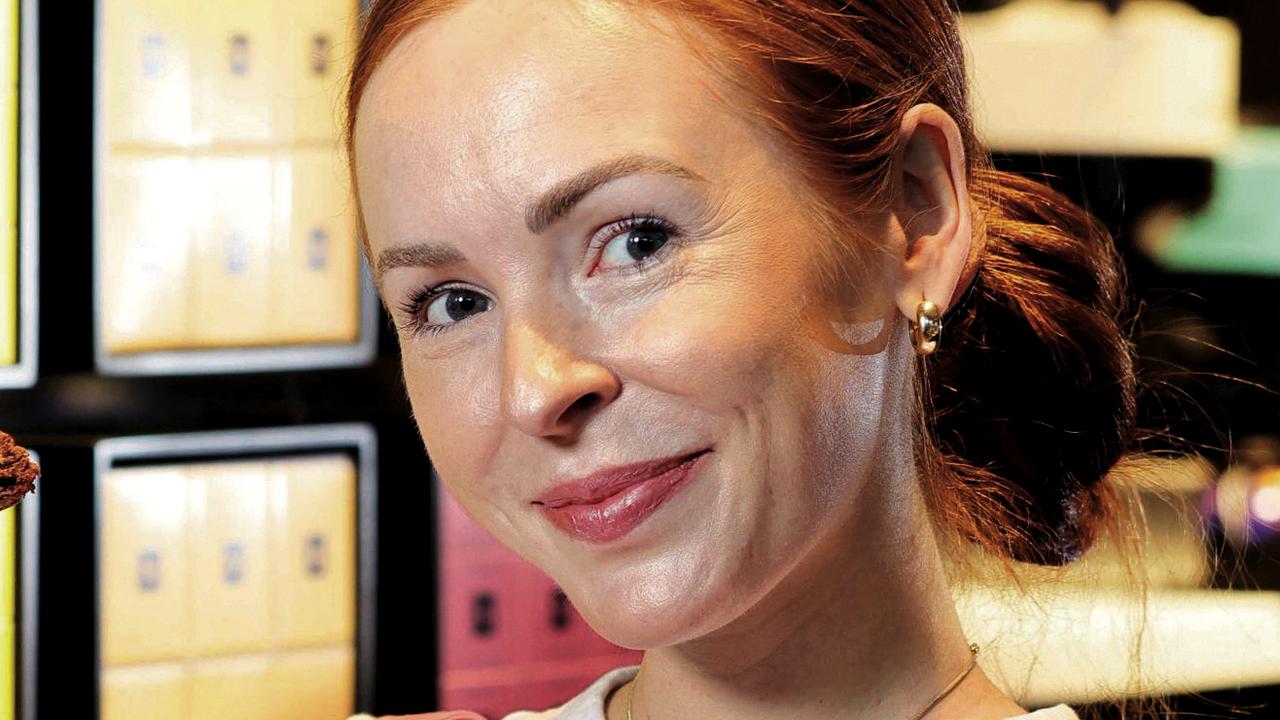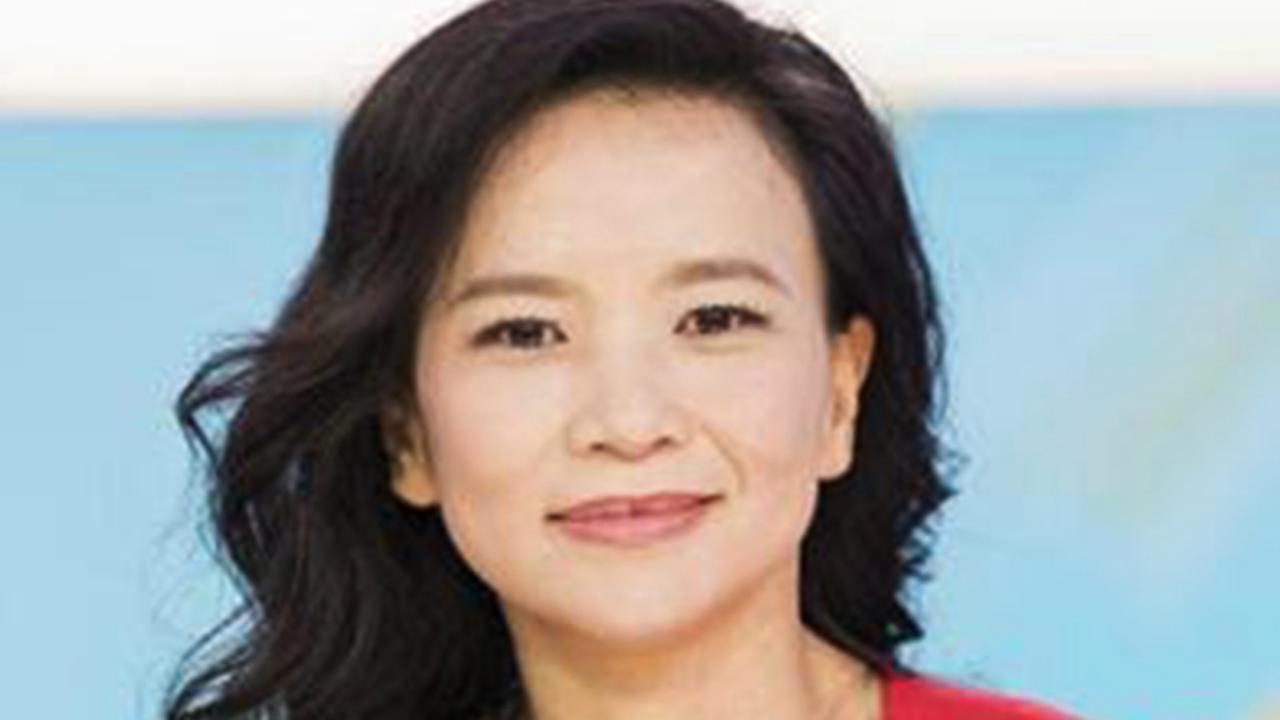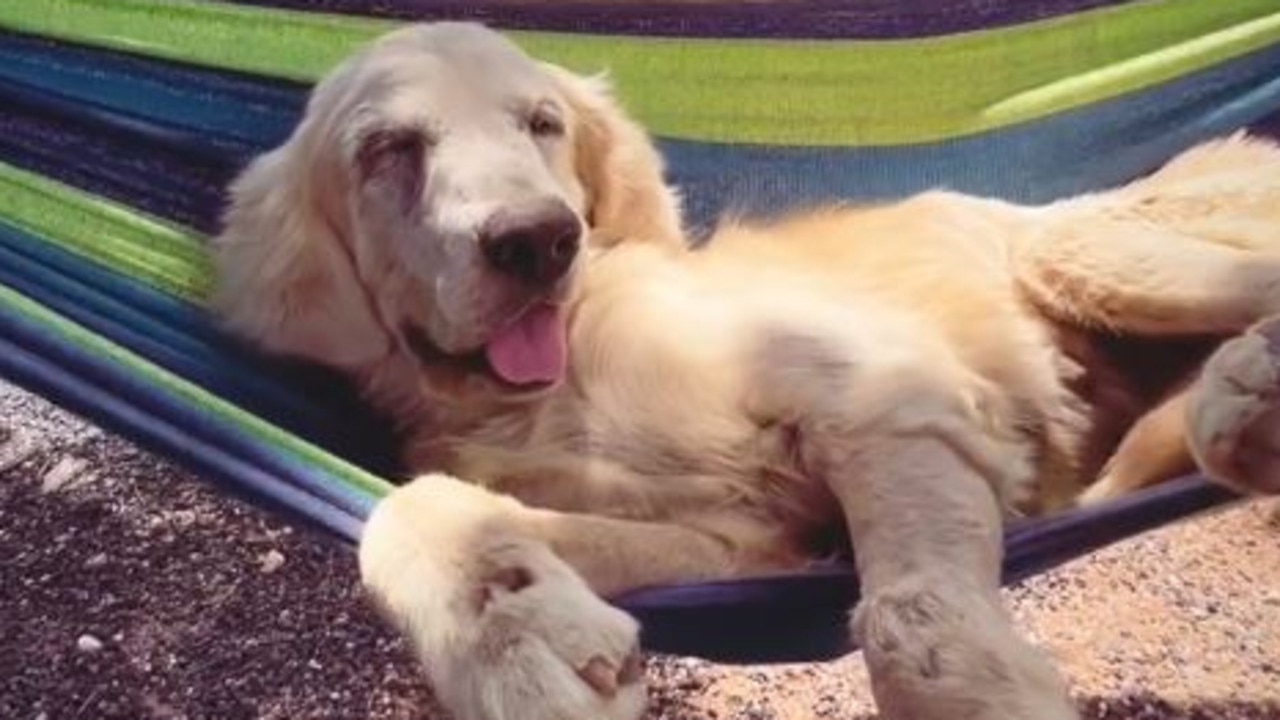Children’s books missing the mark on gender equality, new study finds
Beloved children’s books including Dr Seuss and the Disney Princess series have been slammed for making boys “entitled” and lowering girls’ self-esteem.
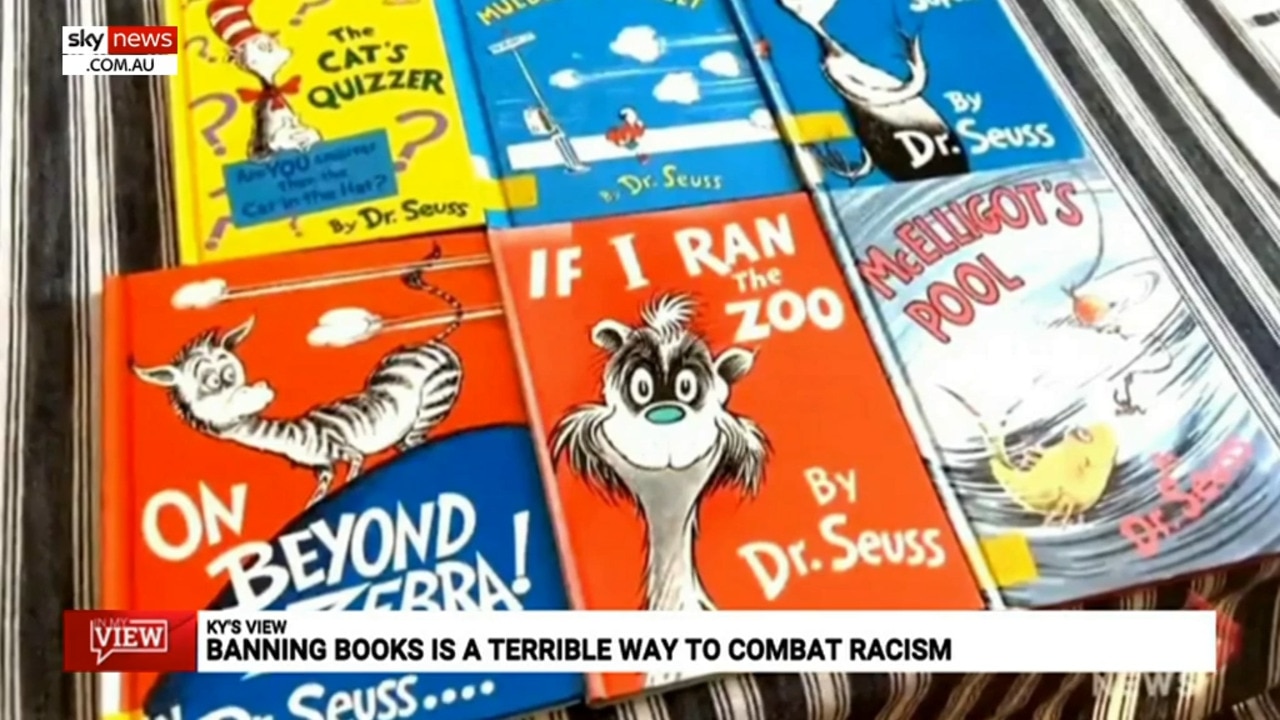
Beloved children’s books The Cat in the Hat, Harry the Dirty Dog and the Disney Princess series have been called out for their lack of female characters and for reinforcing sexist stereotypes.
A new analysis from Western Australia’s Edith Cowan University found more than a dozen books contributed to lowering girls’ self-esteem and giving boys a sense of entitlement.
“Children’s picture books contribute to children’s development of gender identity and can impact aspirations and expectations of roles in families and societies,” Dr Helen Adam, who led the study, said.
“However, the world represented in children’s books reflects predominantly middle class, heterosexual, male heroes and characters.”
Of the 96 picture books shared by the 44 participating educators across eight daycare centres in Australia and the US, 90 per cent reflect “predominantly middle class, heterosexual, male heroes and characters”.
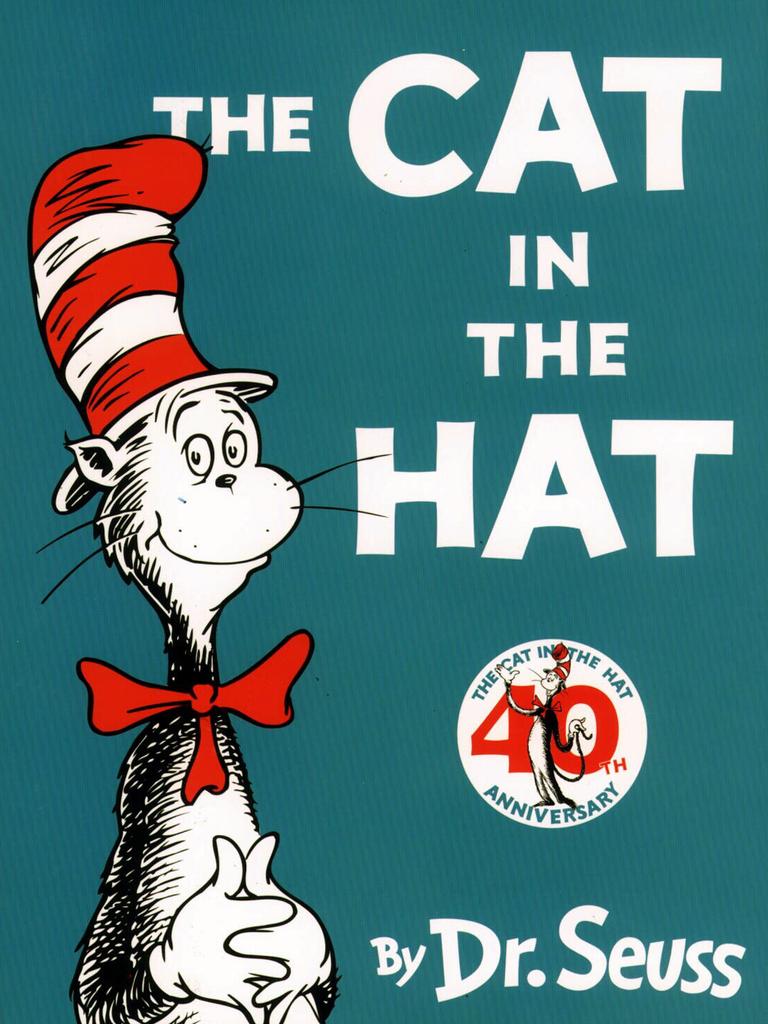
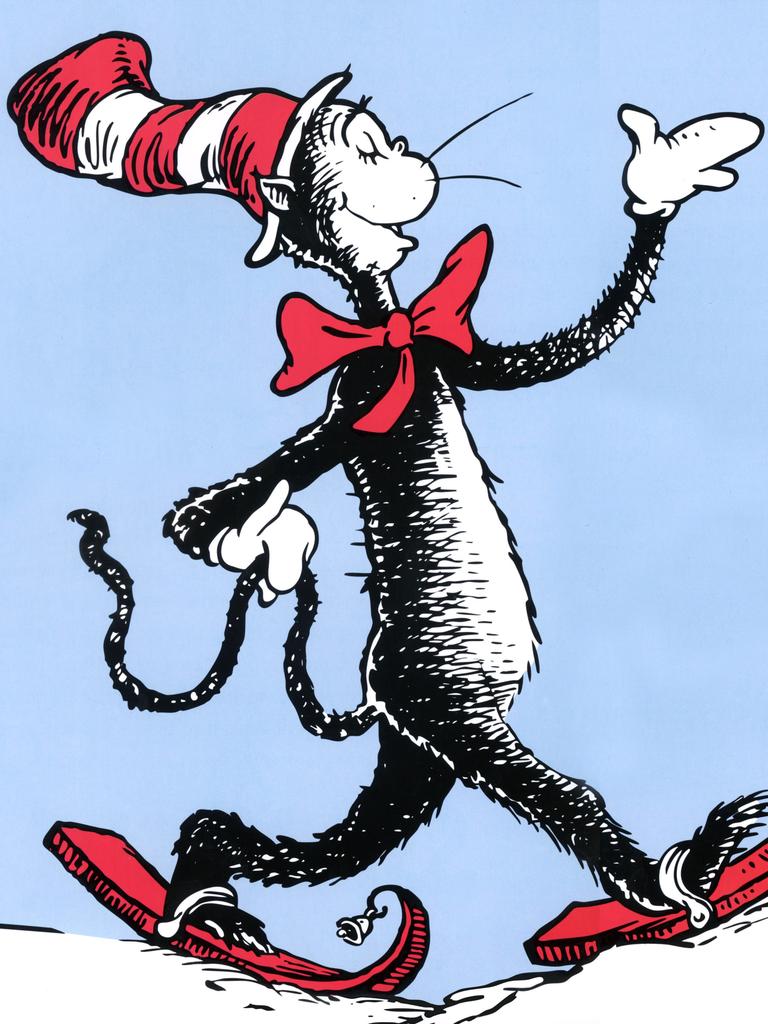
“These findings are concerning as the evidence shows that gender development is a critical part of the earliest and most important learning experience of young children and a requirement of educational polices rooted in the United Nations Convention on the Rights of the Child.”
One such book, Dr Adam said, is Dr Seuss classic The Cat in the Hat. The book is “very white and old-fashioned”, with “outdated notions of the family and their roles”.
Dr Seuss books are “overwhelmingly reflecting dominant culture and outdated viewpoints and lifestyles”, she added, which “could be detrimental to equitable educational and social outcomes”.
They also “portray minority cultures in stereotypical or exotic ways and often in subservient roles to white characters”.
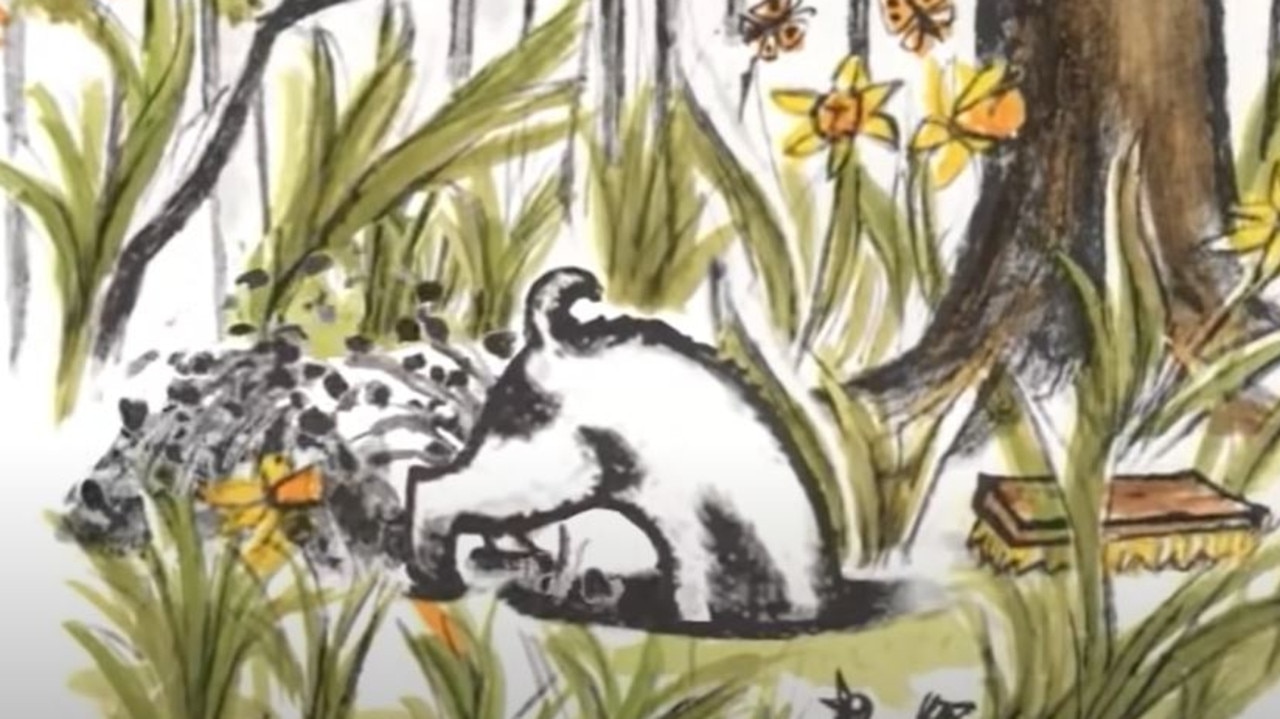
Another book that came under the microscope was Gene Zion’s Harry the Dirty Dog, a 1956 story that shows “bias towards male representation” by portraying 24 males in stereotypical professions such as road worker, construction worker and mechanic.
It refers to its main dog character using the gendered pronoun “he” and only portrays seven women who, unlike boys, “are mostly portrayed passively”.
As for the Disney Princess series, the books reinforce the message that “girls need a male to save them and that women are helpless”.
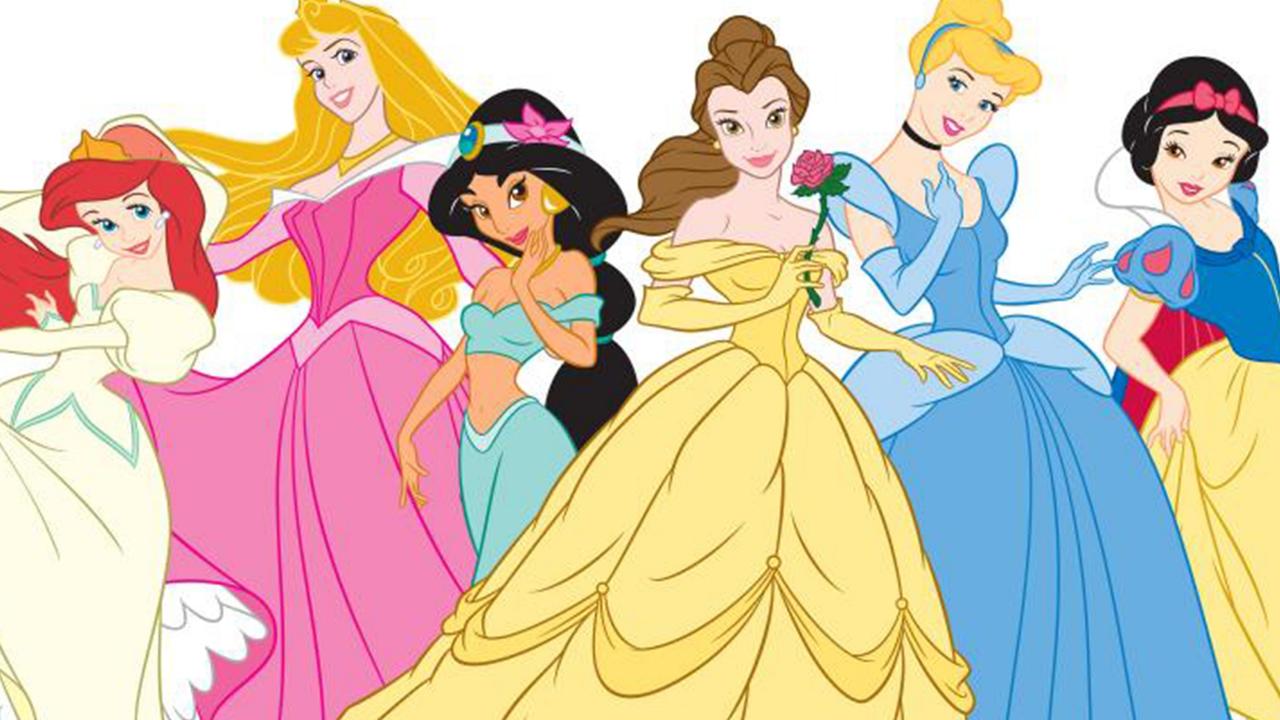
The characters in the books range from Cinderella, Snow White, and Aurora to Moana, Rapunzel and Mulan.
“The male is strong and he knows best. It’s how we end up with some of the problems in society – look at Canberra for example – there are messages of patriarchy everywhere,” Dr Adam said.
The cumulative effect of books that reinforce sexist stereotypes “can lower girls’ self-esteem as well as their occupational aspirations” and, “moreover, boys can develop a sense of entitlement and children can be led to believe girls are less worthy than boys”.
The books analysed are those aimed at three to five-year-olds.
While Dr Adam said it was impractical to exclude literature containing stereotypes, educators could use a “critical lens” to help children “carefully evaluate books to identify stereotypes”.
“The content and illustrations contained in children’s literature have a long-term influence on children’s gender development because they communicate cultural and social norms to children,” she said.
“It is incumbent upon the educators to consider matters of gender equity in their curriculum, resources and pedagogical approaches.”




